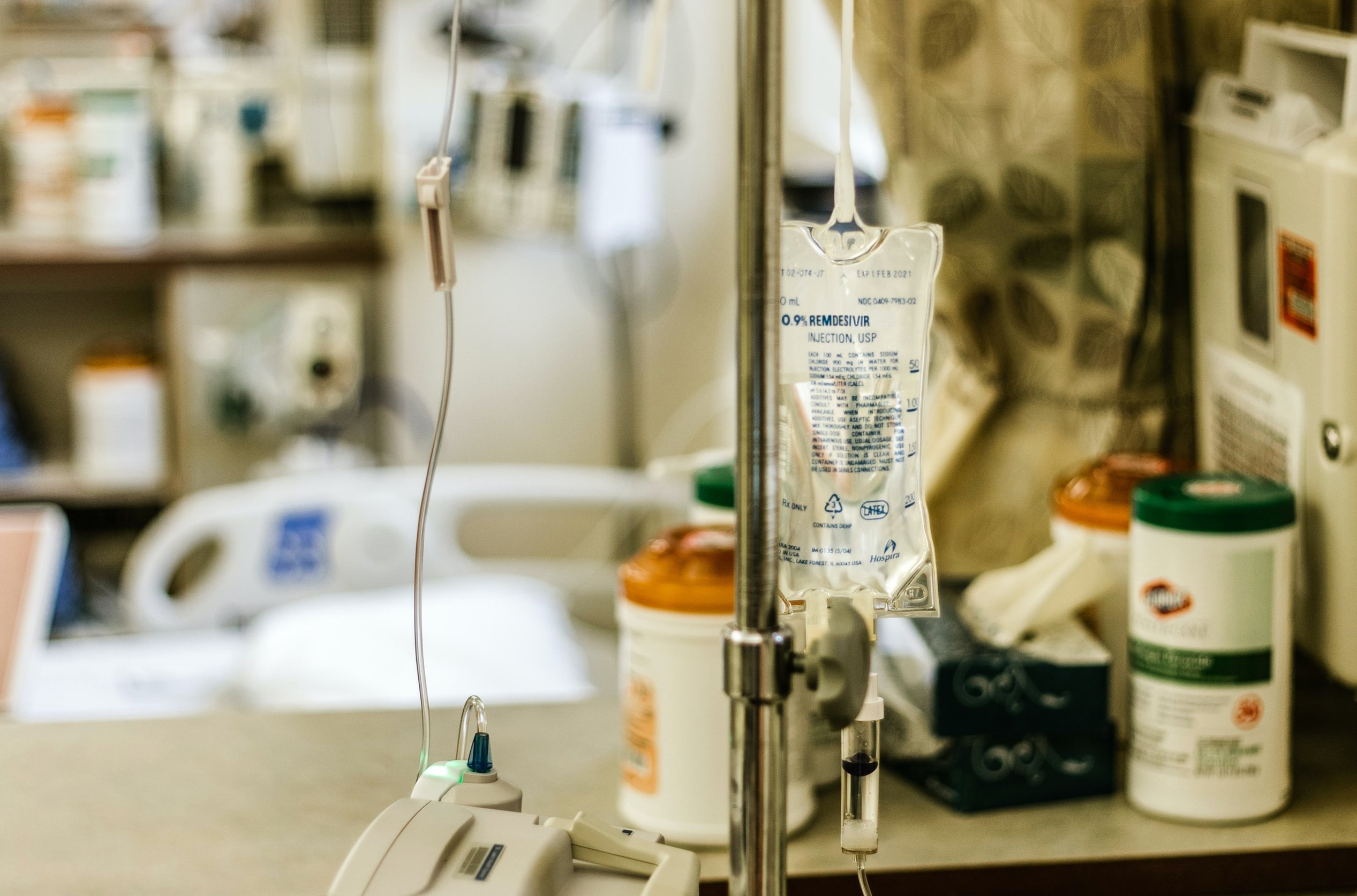AL Director Blair Glencorse shares some very useful lessons in the Washington Post from Liberia’s Ebola crisis as the world grapples with the Corona Outbreak. Trusted voices and some strong coordinating efforts may be able to contain it.
“We are monitoring everybody that comes in and out of our community, and if we don’t know them we track them carefully and take their temperature,” said Kou Gbaintor-Johnson, a local activist in the Liberian capital of Monrovia, as she showed me a clipboard with the names and telephone numbers of people who had entered her neighborhood. She explained that she and other volunteers worked “day and night” to keep up their monitoring efforts.
That was in the fall of 2014, weeks after the peak of the Ebola epidemic that ultimately claimed almost 5,000 lives in the country. Yet by the end of the crisis, Kou’s township, population 17,000, had registered just two cases and a single death. “We prevented Ebola before it even started,” she said.
As the coronavirus that causes the disease known as covid-19 continues to spread rapidly and elicit panic across the globe, there is much the world can learn from Liberia’s experience with Ebola — and very little of it has to do with health care. The most important lessons relate to trust and governance. Back in 2014, Liberia was still struggling to recover from two decades of war, and Liberians had never seen a government that understood their needs or provided effective services. Corruption had gutted administrative systems. So when Ebola began, many Liberians presumed it was a scam by the government to steal money from the international community.
In situations where there is no trust between citizens and the powers-that-be, official messaging around a public health emergency can backfire. In Liberia, that tension eventually led to violence when officials placed a low-income community under quarantine — an incident that undermined the authority of the administration of Nobel Peace Prize-winning President Ellen Johnson Sirleaf. We’ve begun to see something similar happening in Iran, where a hapless government coverup of the severity of the coronavirus outbreak has led to public protests by anxious citizens, and in Hong Kong, where there is no shortage of animosity between people and the Chinese authorities.
Read the full article here.

